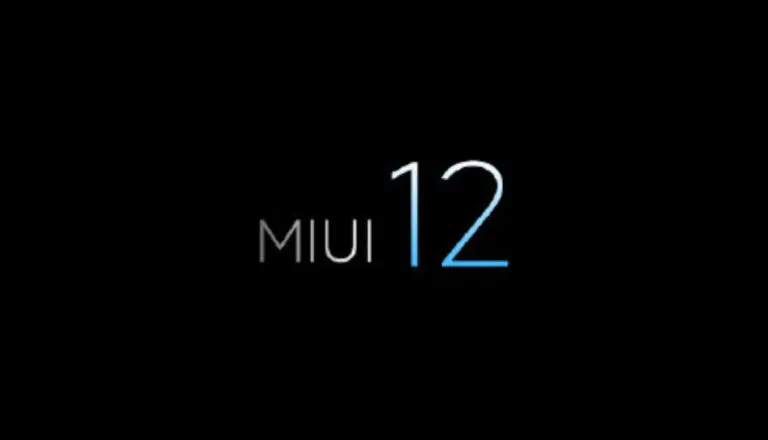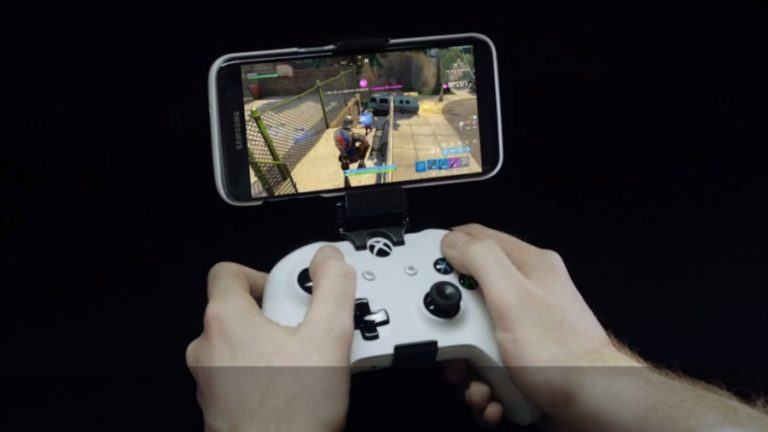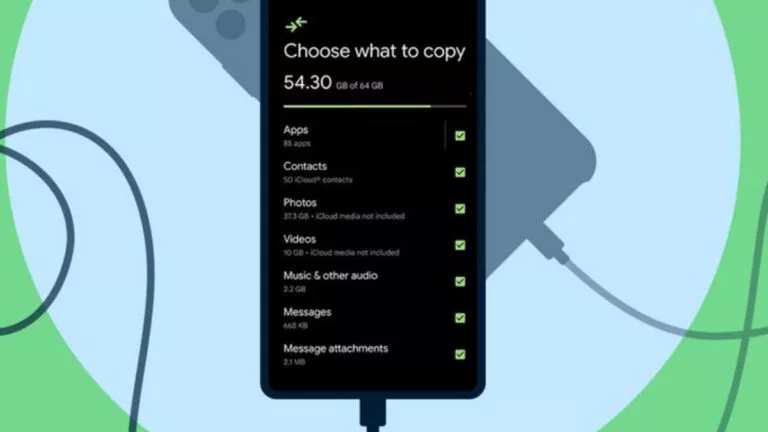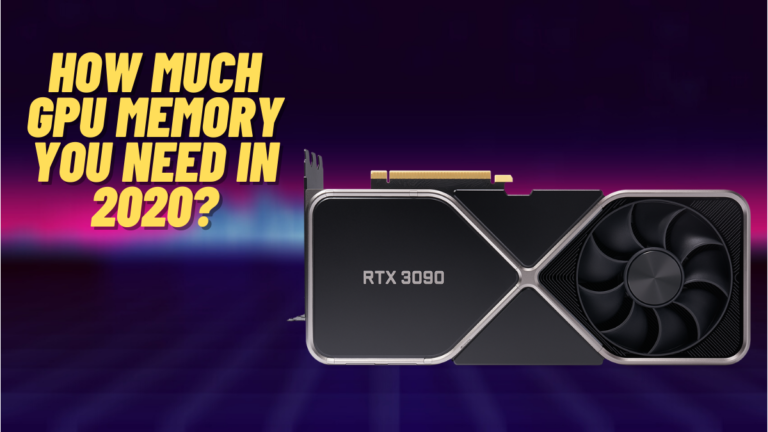How Fast Is SpaceX Starlink Internet: Speed And Latency Explained
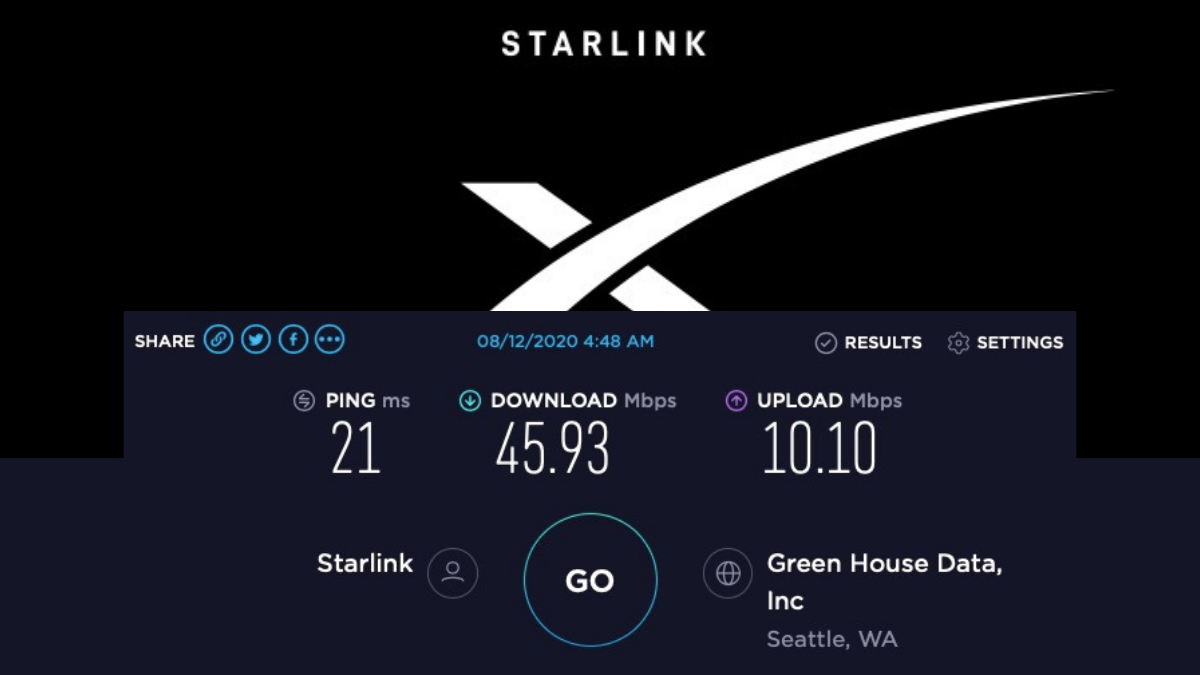
By now everyone has a fair idea about Elon Musk and SpaceX’s Starlink mega-constellation. The ambitious project is aimed at deploying 42,000 satellites to get high-speed internet around the world. The public beta test results of Musk’s satellite internet are now pouring in, and they look promising.
So far, SpaceX has deployed 700 Starlink Satellites, initiating its first public beta in the U.S. Its website says that the company is aiming for a global rollout in 2021. Seeing the test results from the current beta, we can say that these satellites may take global internet connectivity to the next level.
Starlink Will Deliver 1Gbps
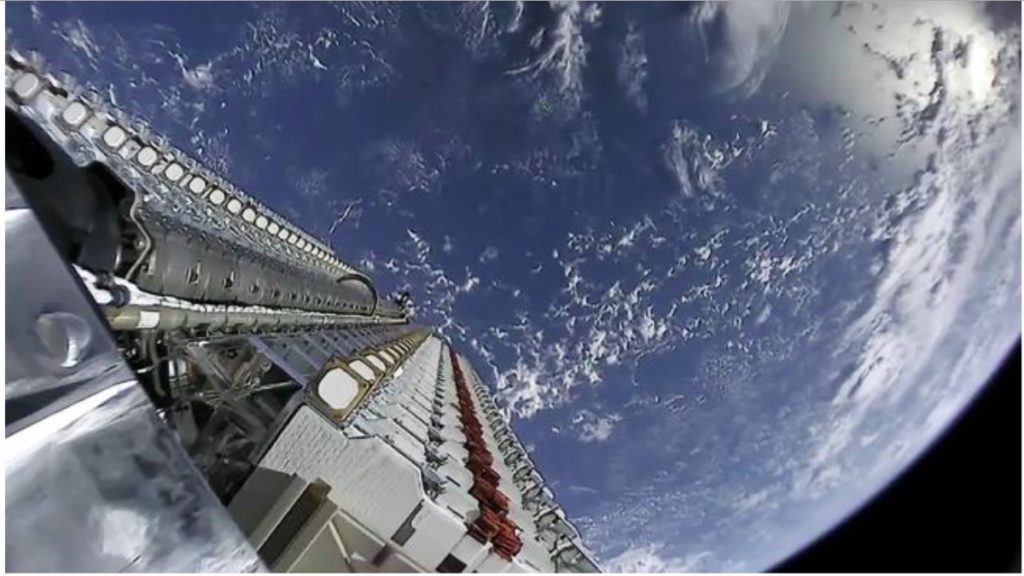
SpaceX has the ambitious goal of achieving gigabit download speeds using Starlink satellite internet. After all why not? If we look at the current flagship mobile processors, say the Qualcomm Snapdragon 865+, it has peak speeds of 3.6Gbps on WiFi. So it’s about time we had an internet connection to deliver that speed.
Ever since it went up for the public beta, people are posting speed test results on Reddit, giving us an idea of Starlink’s current speed. At the time of writing this story, there were posts on Starlink internet boasting a download speed of 60Mbps and an upload speed of 17.70 Mbps. An average Starlink beta user is likely to get an average speed of 40-42 Mbps.
One of the beta testers drove to a national forest area with no cell coverage and set up a Starlink connection there. The user registered download speeds of up to 120Mbps in areas where the antenna got a clear sight of the sky. He also registered latency of just 37ms, which is good. However, in spaces with tree canopies, the antenna kept disconnecting.
Lower Latency

For the uninitiated, latency is the milliseconds of gap between data packets traveling from one point to another. It’s a fairly unnoticeable thing if you’re casually browsing the web, but it matters a lot if you’re using it for a conference call, a webinar, or maybe gaming.
Google Fiber is one of the fastest standing broadband providers in the U.S., and people still complain of 30-50ms of latency in its support thread. Verizon is another high-speed internet provider in the U.S., which claims a latency as low as 45ms. While that’s a fairly good latency even for heavy gaming, it doesn’t come close to Starlink’s results.
The under-construction mega-constellation’s current latency lies somewhere between 20-94ms. In its statement to the FCC, SpaceX talked about low-latency internet with every user getting 1Gbps speeds. Back in March, SpaceX CEO Elon Musk also stated that the company was aiming for a latency below 20ms.
If Starlink delivers on that, it’ll literally be the best internet connection for competitive gaming. Considering only a fraction of Starlink satellites are up there, and its being tested in the U.S. only, the results look promising.

